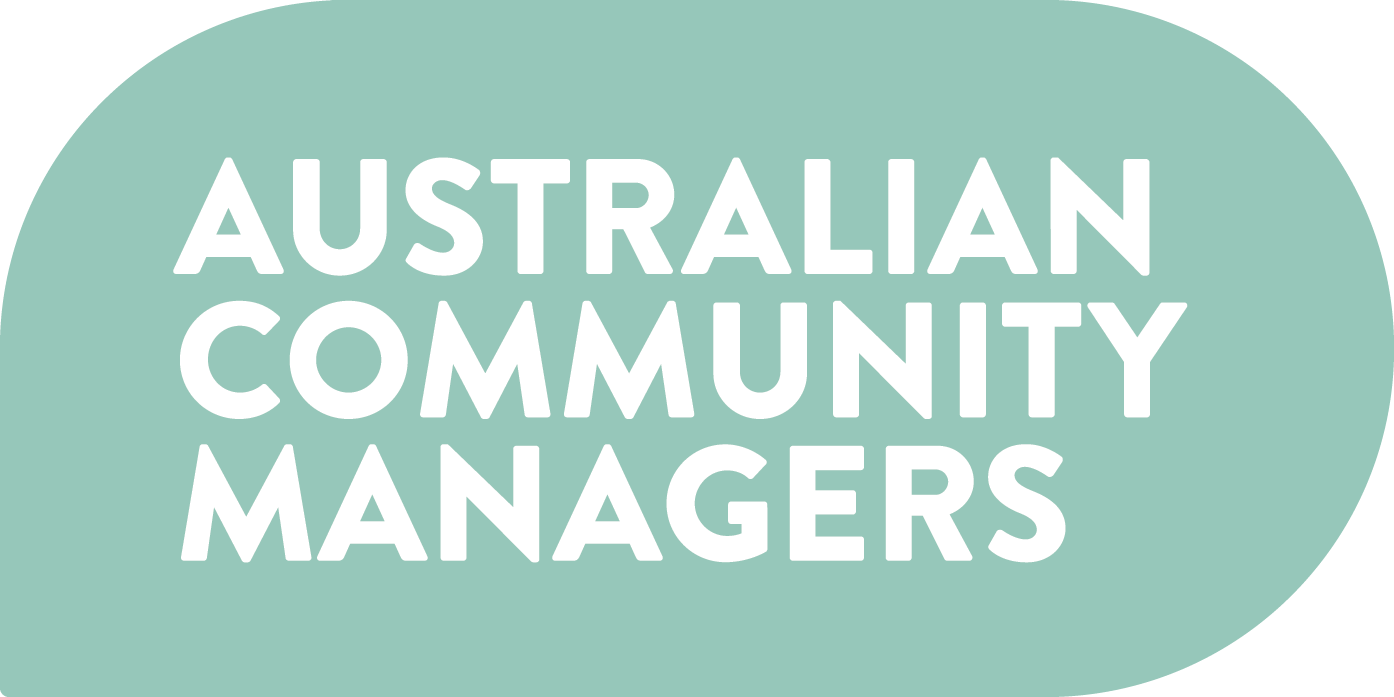7 tips to advance your community career
As more organisations appreciate the value of strategic community building and the importance of community management in creating thriving communities, new career opportunities are opening up for community professionals across the spectrum. But how can you access these and prepare to move forward in your community career?
The following tips will help you make the most of the hard yards you’re currently doing, and pave the way for future growth and opportunities.
1. Audit where you are
Before you can make a plan to move from A to B, you need to know where you are. You need to determine what you know, what you don't, what you're good at, and where you need development. If you have great colleagues and managers, you could enlist them in this process (if it's not already happening as part of your role). And if you're on your own, or don't have access to a formal process, just ask the questions yourself and honestly reflect on the answers.
This is also an important time to determine what you're interested in when it comes to career advancement (if you don't know yet, that's ok). Do you want the experience of managing a team? Do you want to work your way up to managing a larger budget? Do you want to help a company build community from the ground up? Or just have the chance to create a strategy rather than working on the front line? Map these against where you're at, and you'll start to have a roadmap for the type of opportunity that will move you forward.
2. Document your work
This is important for most professions, and community is no different. Find ways to catalogue and show your professional successes and projects of note to future employers or senior influencers within your own organisation.
Community is easy to pigeon-hole as ephemeral or 'soft' work; so prove that wrong by drawing on impact measures and metrics that show the direct impact of you and your team. Speak the preferred data language of your business and the primary people you're looking to educate or persuade. Don't forget to include work you may have done 'outside scope'!
3. 'Roadshow' your work
It's not enough to capture your effort in writing. You need to be actively sharing it with leadership and key stakeholders in your organisation and beyond.
Organise a semi-regular community 'roadshow' that summarises the work you or your team are doing, why it's noteworthy, and how it adds value to the particular audience of that roadshow (e.g. the IT team, the Board). These sessions also help you refine the pitch of your work, which is equally invaluable for interviews and external opportunities.
4. Plan to move on
When you build a community from the ground up, it's easy to fall in love with it. You're deeply invested in its success and it can feel hard to leave those hard won gains behind. But most community professionals will want and need to move on to extend their skills and earn rewarding leadership roles.
Ensure you have created a succession plan for your community so you can move on confidently and as needed, if roles that align closely with your career or personal goals come along. Trust that the systems you have in place will keep the community thriving (another success you can point to). Your community will survive without you, and you need freedom to pursue community roles that offer the chance for you to hone new skills, or work in areas you're passionate about.
5. Explore a speciality
Community professionals are great generalists by necessity - we've learned to nail engagement, governance, content, strategy, measurement and more, often because we're the only community role in the organisation.
But as communities mature and the market better grasps their value operationally, there is room emerging for community specialists who enjoy and excel at particular parts of community building or management practice, such as data and analytics, or risk and governance.
If you're particularly motivated by one area of community, consider going deeper into that skills rabbit-hole and becoming a resident specialist that can work across organisations and contexts. You can start this work while you're still happily enjoying your current role.
6. Invest in continuous learning
If you're an online community professional exploring new opportunities, you may need to refresh or upskill in particular areas before you make a leap. The annual ACM Career Survey has consistently shown successful community managers are regularly engaging in ongoing learning.
Check in with the market, talk to your peers to see which skills are attracting the most interest, and make sure you're trained in foundational best practices, especially if you fell into a community role initially without training. (Getting a new role with up-to-date training in risk and governance in Australia, for example, can be challenging).
There is an array of excellent, affordable DIY and on-demand learning available in areas such as data and analytics, engagement and facilitation, community strategy and more. You should also explore outside the community niche; senior leaders and community roles higher up the organisational chain will be expected to have a well-rounded and nuanced understanding of other disciplines and subject areas that benefit leadership, such as psychology (individual and organisational), business and economics.
7. Connect with fellow community professionals
A key benefit of a community of practice is forging career-long relationships with peers that can generate collaboration, opportunities and advancement.
Step up and get involved in your community management community of practice in a way that's most comfortable for you. Apply to speak at events, or help out if speaking's not your thing. Ask and answer questions with other community professionals.
Spend time networking and connecting both inside and outside your organisation, approaching as you would your community building - intentionally, respectfully and constructively.
You can start with the ACM community if you're not already a member. We'd love to help you realise your career ambitions.


